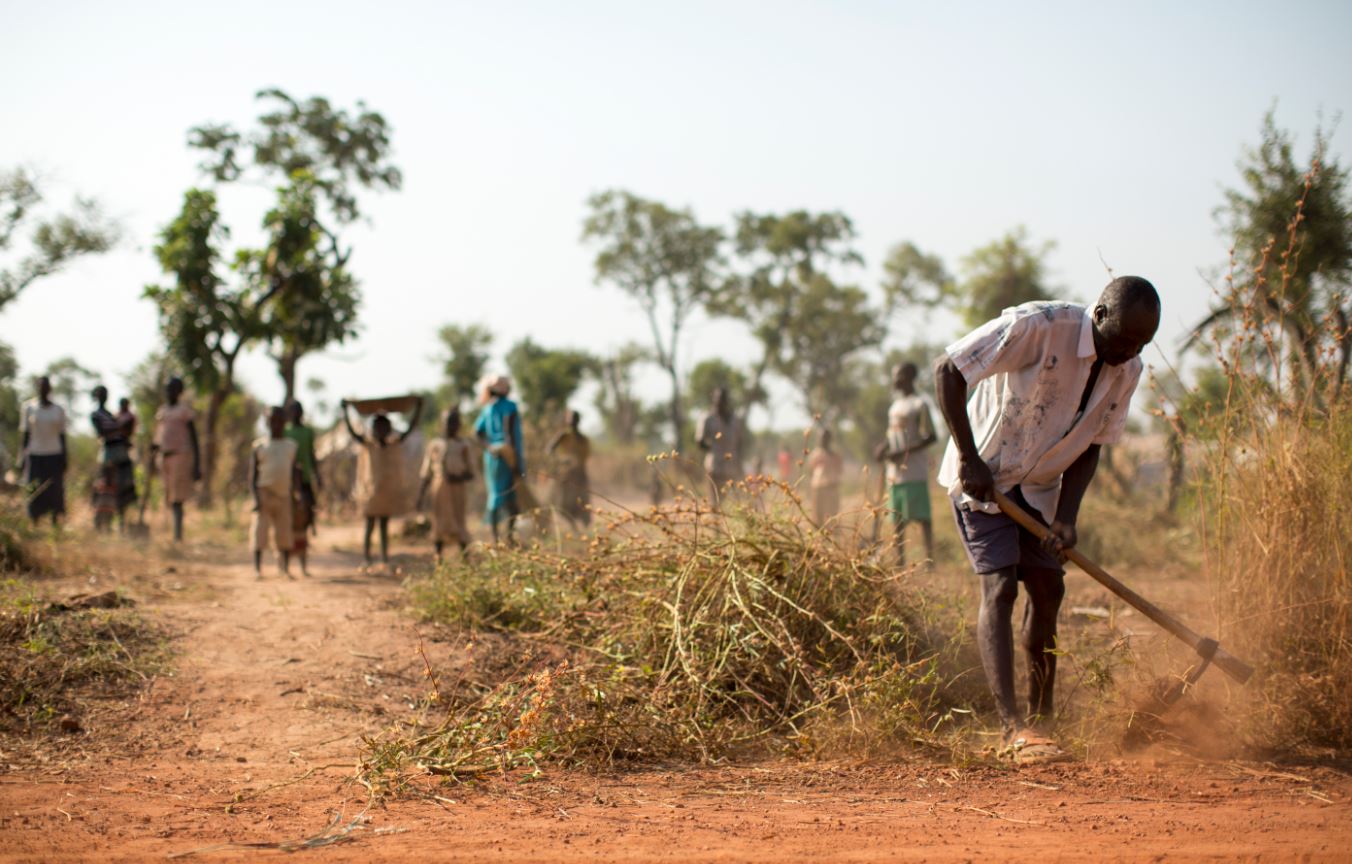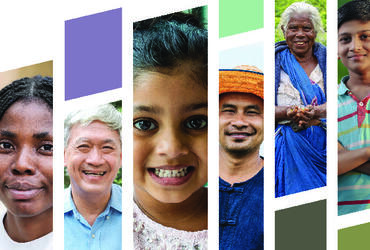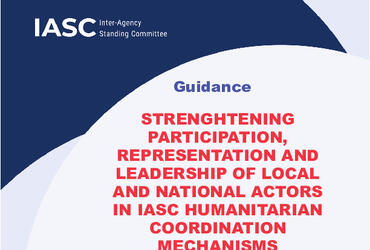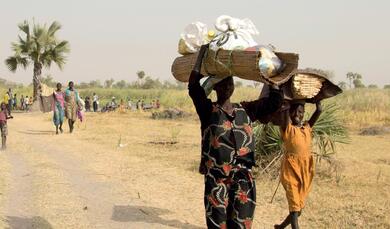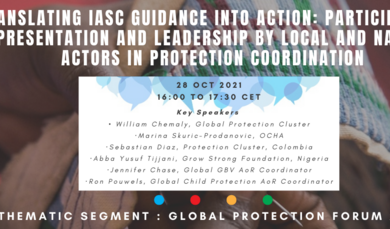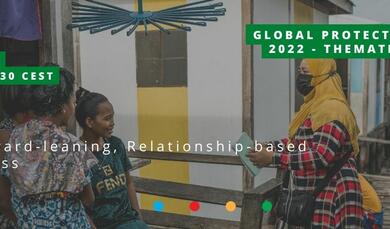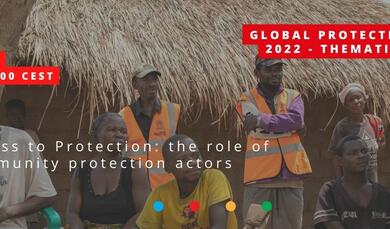The Approach
The Global Protection Cluster, among others, made the commitment at the World Humanitarian Summit (WHS) in May 2016 to “Empower national and local humanitarian action” and thus, to work towards greater localisation.
Among all local actors, the GPC is committed to promoting local NGOs, as key drivers both to an inclusive humanitarian system and to vibrant civic spaces envisioned in the UN SG Call to Action for Human Rights.
While the principle of localisation is widely endorsed, there is still a need to increase meaningful participation of and partnerships with local actors to co-design responses and address humanitarian challenges faced by people in need of protection. However, the modalities to develop localised responses are multifaceted and often slow to take root within our institutions. This goes well beyond directing additional resources to national NGOs to deliver services and encompasses the development of various forms of partnerships with local civil society actors and the strengthening of community-based approaches.
The Global Protection Cluster and its four Areas of Responsibilities seek to meet the commitments made with regards to localisation in all its five dimensions (Governance and Decision-making, Participation and Influence, Partnerships, Funding and Institutional Capacity) and ensure that protection response strategies and coordination mechanisms are guided by the principle – “as local as possible, as international as necessary.”
Localisation is a core principle in the 2020-2024 Global Protection Cluster Strategic Framework and the approach applied to all protection clusters worldwide. Shared leadership between international and local and national actors produces stronger engagement and representation of a diversity of actors, and ultimately better coordination outcomes. Cluster coordinators have a responsibility to promote, model and monitor principled partnerships amongst local/national and international actors.
The GPC is also committed to addressing policies, biased behaviours and mindsets that stand in the way of localisation and reviewing our operational practices and preparedness.

